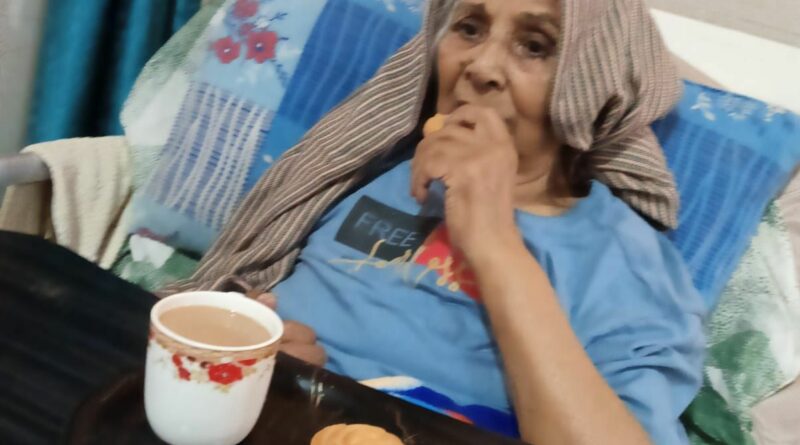Comprehensive Guide for Dementia Care
Understanding Dementia
Dementia is a term used to describe a significant decline in mental ability, severe enough to disrupt daily life. It results from various diseases that impair different parts of the brain, predominantly affecting memory and cognitive functions. The two primary types of dementia include:
Alzheimer’s Disease
The most prevalent form of dementia, Alzheimer’s accounts for 60-80% of cases. It progresses gradually, leading to memory loss and impaired cognitive abilities, caused by amyloid plaques and tau tangles accumulating in the brain.
Vascular Dementia
Arising from reduced blood flow to the brain, often after strokes, vascular dementia manifests as slow thinking, memory lapses, and difficulty solving problems.
Additional Types of Dementia
- Lewy Body Dementia: Characterized by protein deposits (Lewy bodies) in the brain, leading to confusion, memory loss, and visual hallucinations.
- Frontotemporal Dementia: Focuses on the brain’s frontal and temporal lobes, altering personality, behavior, and language.
- Mixed Dementia: A combination of multiple dementia types, such as Alzheimer’s with vascular dementia.
- Dementia with Parkinson’s Disease: Affects up to 80% of people with Parkinson’s, causing memory issues and task completion difficulties.
Symptoms include memory loss, disorientation, communication difficulties, poor judgment, mood changes, and social withdrawal. Though incurable, proper diagnosis and treatment can alleviate symptoms and improve life quality.
The Impact of Advanced Dementia on Families
Advanced dementia profoundly affects not just the individual but also their family, reshaping relationships, roles, and daily life dynamics. Families often face emotional, financial, and practical challenges as they navigate the complexities of caregiving.
Emotional Strain
- Role Reversal: Family members may take on a parental or caregiving role, which can feel overwhelming and emotionally taxing.
- Grieving the Loss of Shared Memories: Watching a loved one lose their cognitive abilities can bring feelings of sadness, frustration, and helplessness.
Relationship Changes
- Shifting Dynamics: Spouses, children, or siblings may need to adapt to new roles and responsibilities, which can strain relationships.
- Isolation: Caregivers may feel isolated as they focus on providing care, often sacrificing personal and social activities.
- Conflict Within Families: Different opinions about caregiving responsibilities or medical decisions can create tension among family members.
Accepting and Supporting Loved Ones with Dementia
At advanced stages, expect changes such as:
- Disruptive memory loss
- Difficulty in problem-solving and daily tasks
- Disorientation and confusion
- Language and communication challenges
- Mood swings and withdrawal
Daily Care Tips for Dementia Patients
As people age, some changes are normal, but it’s important to notice when something seems off and may need a doctor’s attention. Keep a record of changes you’ve seen in your loved one, such as memory loss or trouble thinking clearly. If they don’t bring it up themselves, gently start a conversation and encourage them to see a doctor. It’s crucial to find out if these changes are linked to a treatable condition. If they’re hesitant, you can ask a trusted family member or friend to help talk to them about it.
When caring for your loved one becomes challenging,duaoldagecaringinstitution is here to help. Our skilled and experienced staff is trained in dementia care, providing the guidance and assistance you need to make this journey easier for both you and your loved one.
Dua Old Age Caring Institution Services:
- 24×7 specialized care and supervision
- Personalized care plans
- Medication management and daily activity assistance
- Memory-stimulating therapies
Conclusion
Supporting a loved one with dementia is both challenging and transformative. Understanding the condition and seeking appropriate care ensures a more meaningful and manageable experience. Remember, you’re not alone in this journey—help is always available.




